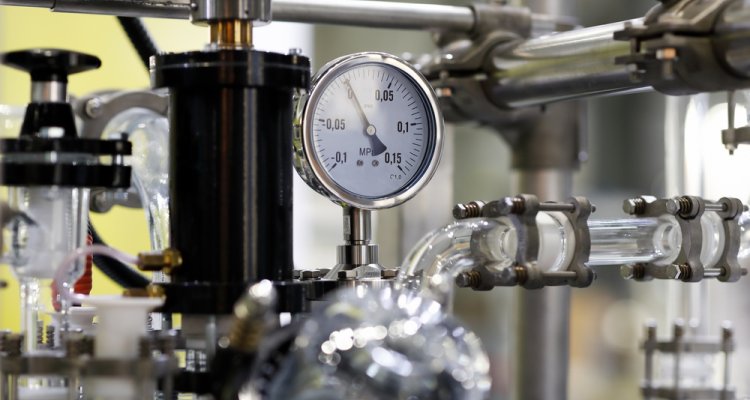
PhD defence
Synthetic microbial communities for syngas-driven odd-chain elongation
Summary
This thesis focused on the microbiology of syngas fermentation, a biotechnological process aiming to convert organic waste materials, such as lignocellulosic residues or food waste, into industrially relevant biochemicals using microbes. Synthesis gas (syngas) is a mixture of carbon monoxide (CO), carbon dioxide (CO2), and hydrogen (H2) that can be generated by gasifying these materials. CO-rich gaseous streams are also produced as by-product in heavy industries such as steel production. Acetogens, a specialized group of bacteria, can thrive on these gases and transform them into valuable biochemicals, primarily ethanol and acetate. By cultivating microbial communities that include acetogens and other bacterial species, a broader range of biochemical products can be derived from syngas due to the formation of microbial networks. In this thesis, I investigated the physiology and microbial networks between acetogens and chain-elongating bacteria to produce carboxylic acids and alcohols from syngas.